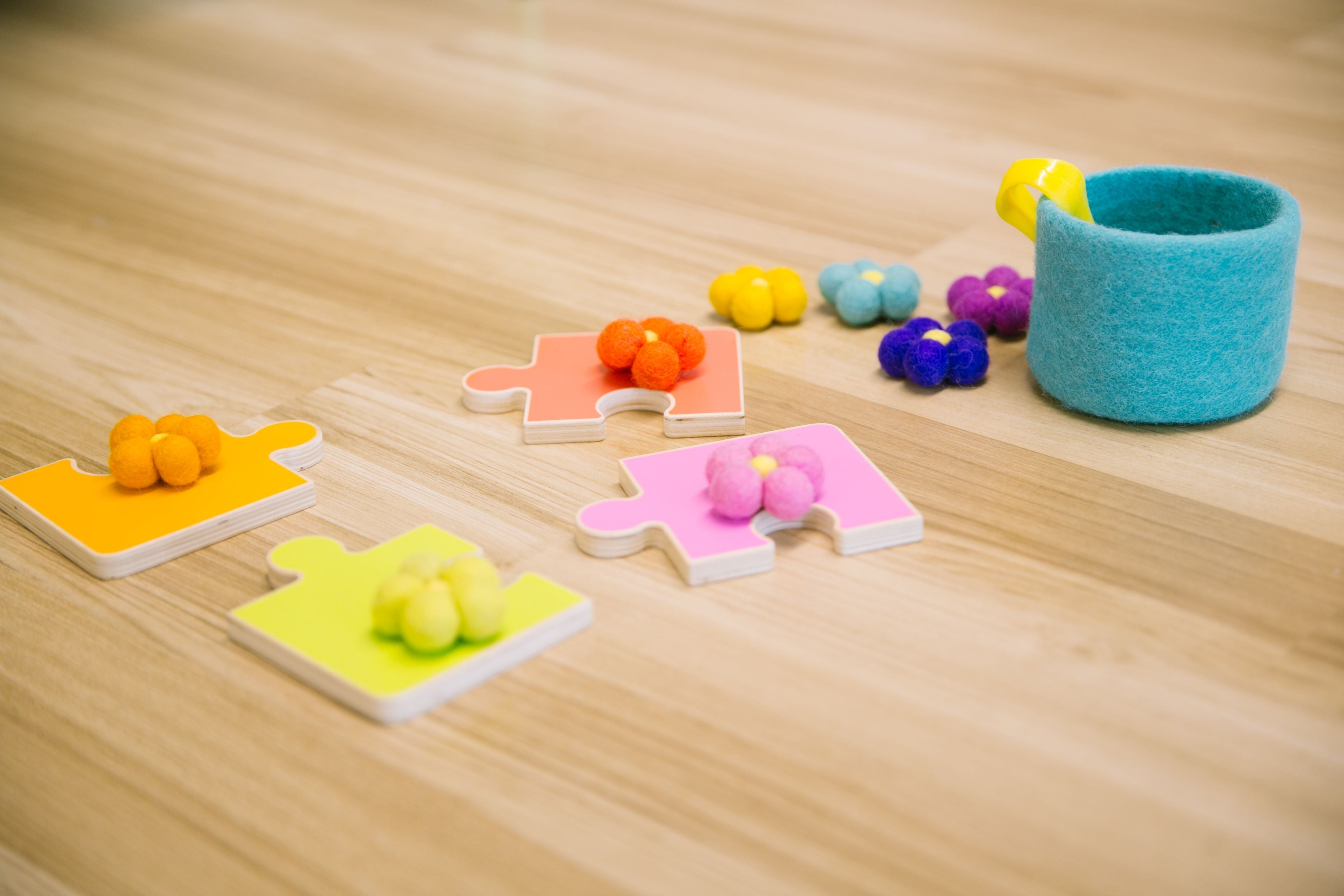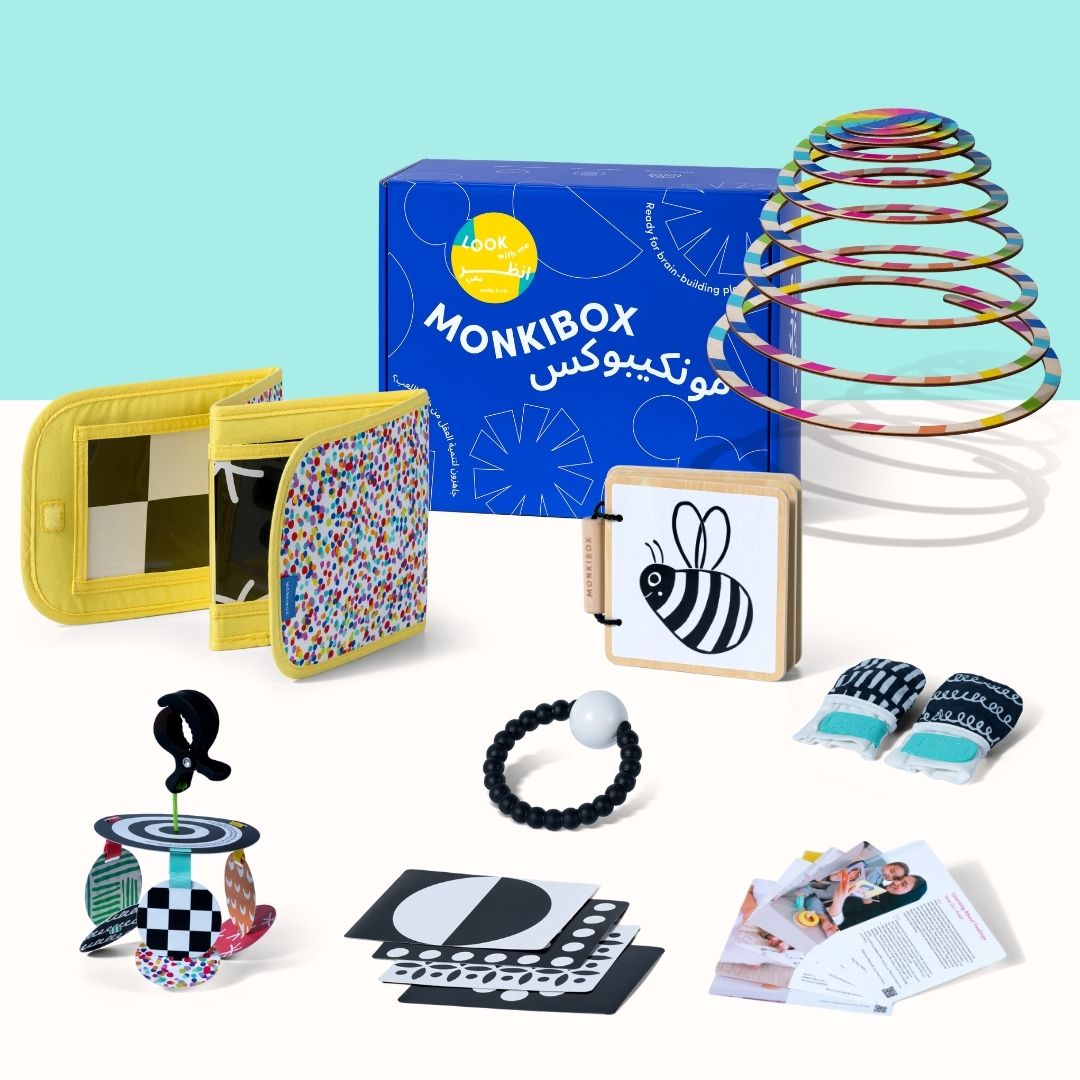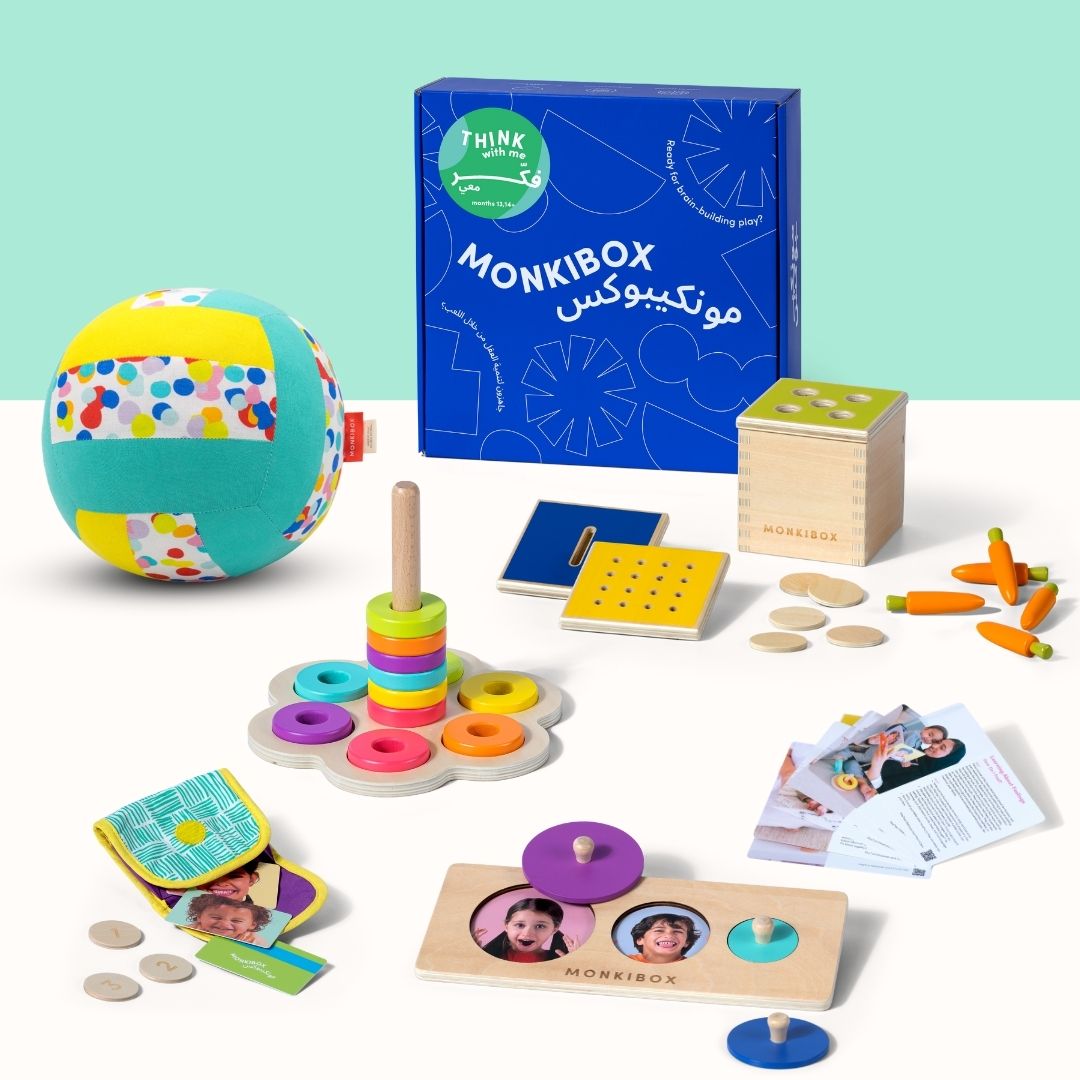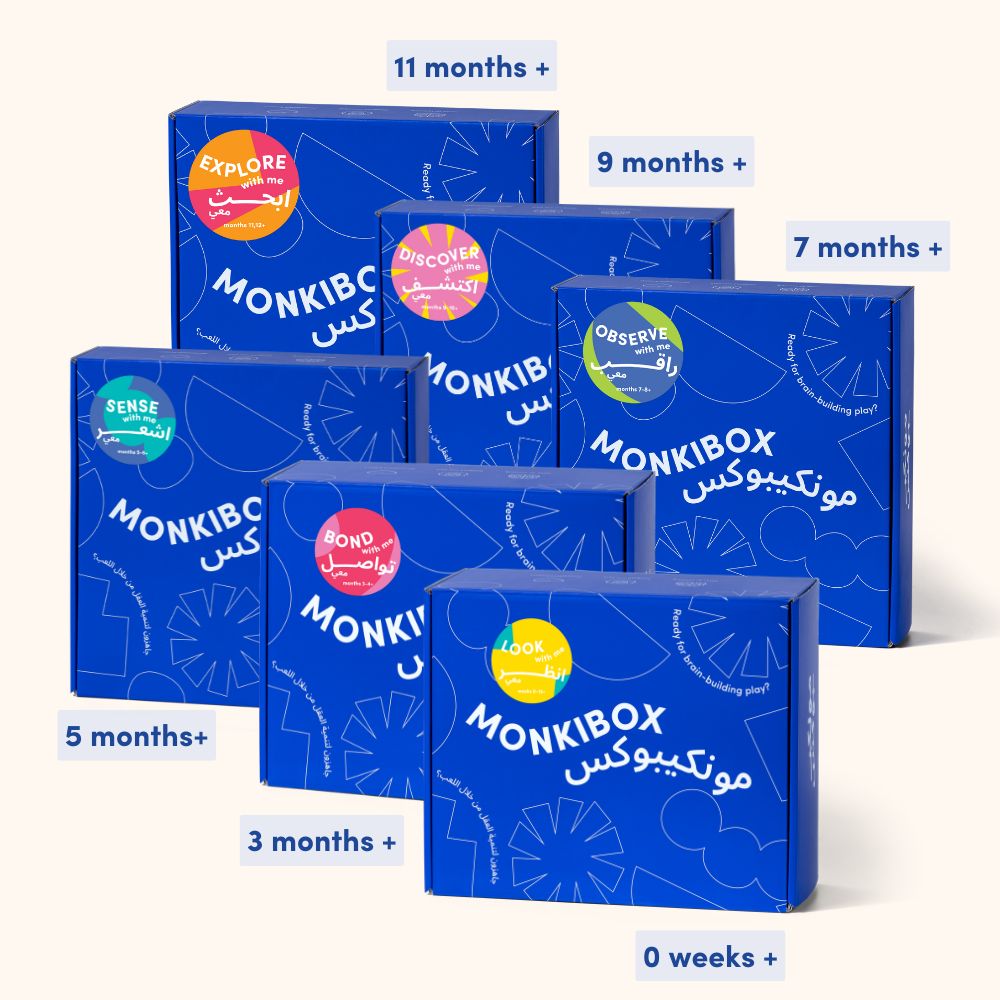Matching games are more than just fun activities; they play a crucial role in your toddler’s cognitive development. These games help build foundational skills that are important for later academic success, as well as for daily problem-solving and reasoning.
1. Cognitive Development
Matching activities engage the brain by requiring toddlers to observe, analyze, and identify similarities and differences between objects. This enhances cognitive abilities and promotes problem-solving skills, helping them to think critically about the world around them.
2. Visual Discrimination
Matching games help toddlers develop visual discrimination, which is the ability to recognize and distinguish details in objects. This skill is foundational for reading, writing, and recognizing patterns, as it teaches children to notice subtle differences and categorize items accordingly.
3. Memory Enhancement
Matching games often involve remembering the location of specific items. This boosts memory skills as toddlers recall where they saw a matching pair. Enhanced memory skills are crucial for academic success and everyday functioning.
4. Language Development
Matching activities often involve verbal interaction, as toddlers may discuss the items they match. This supports language development, vocabulary expansion, and communication skills, as they learn to describe what they see and articulate their thoughts.
5. Mathematical Concepts
Matching lays the groundwork for understanding mathematical concepts such as sorting, grouping, and classifying. These early math skills are essential for later academic success, particularly in subjects like math and science.
6. Fine Motor Skills
Manipulating cards or pieces during matching games requires precise hand movements. This helps in the development of fine motor skills and hand-eye coordination, which are important for tasks like writing, drawing, and using tools.
Matching games are a powerful tool for your toddler’s development, offering benefits that extend far beyond playtime. By incorporating matching activities into their routine, you’re helping to build a strong foundation for cognitive development, language skills, and early math concepts. These skills will serve them well as they grow and continue to learn.





